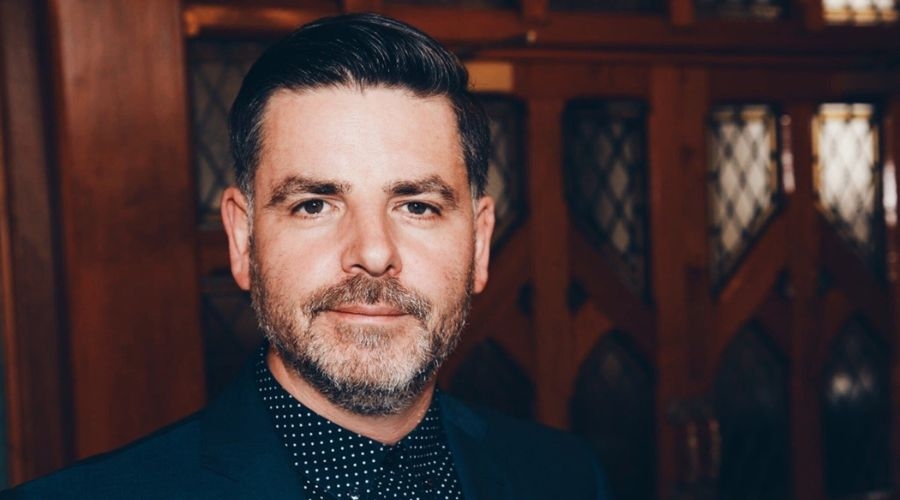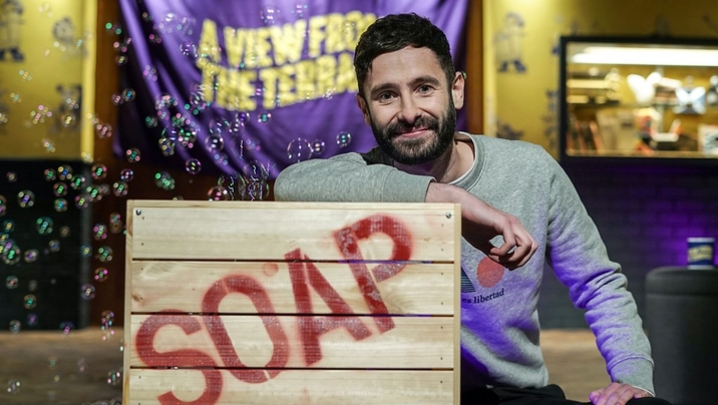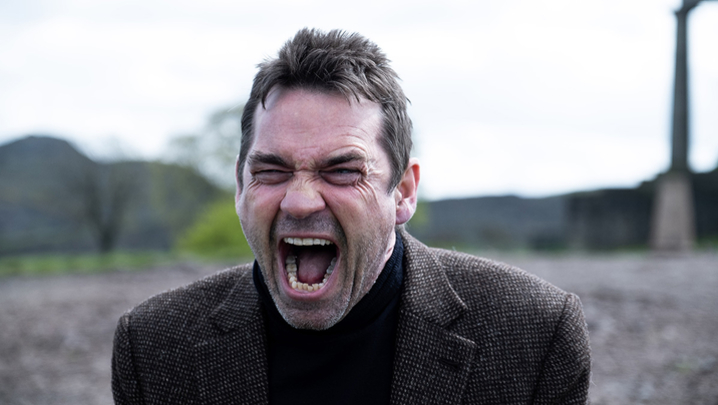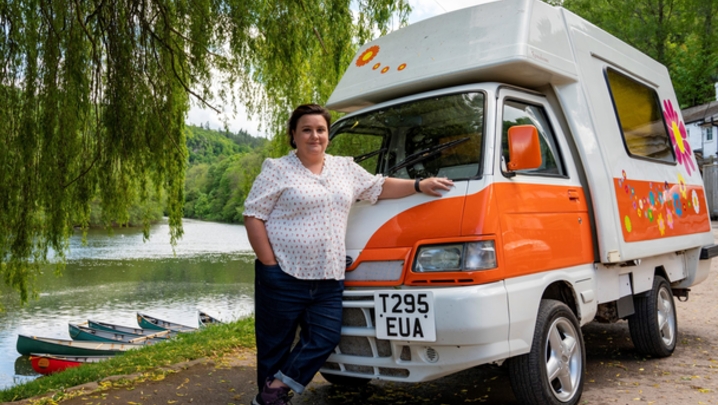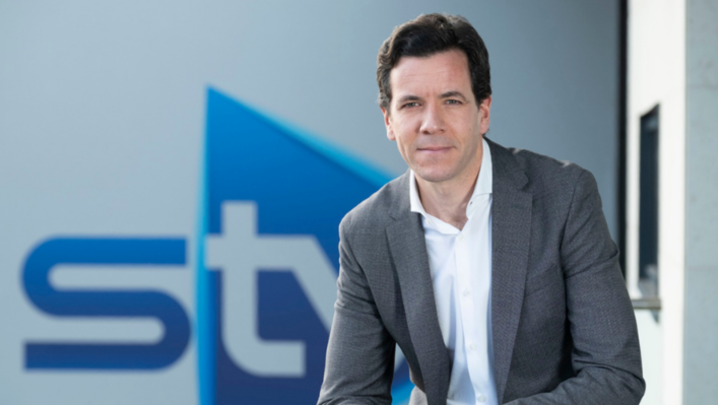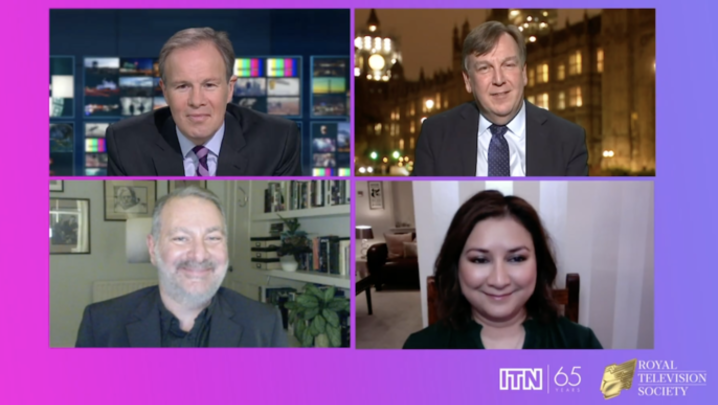The SNP leadership fray, the BBC’s centenary and a wave of locally shot drama raised the profile of TV in Scotland, contends Stephen O’Donnell.
I’m still trying to process all the excitement of the past few weeks north of the border. Not only has the temperature climbed above 10°C for the first time this year, and, as incredible as Scotland’s historic 2-0 victory over the might of Spain was, one thing dominated the headlines – politics.
After the best part of 10 years of relative stability in the Scottish political landscape, Nicola Sturgeon sent newsrooms across Scotland into a frenzy by announcing her resignation as leader of the SNP and as Scotland’s First Minister.
The surprise press conference on 15 February triggered a leadership contest within the SNP and sent shockwaves across the country. The whys and wherefores of Sturgeon’s decision and of her impact and legacy have been debated ad nauseum but the tone and combativeness of the leadership campaign took commentators and the public by surprise.
As part of a series of hustings events for SNP members, STV hosted the first televised debate in the race to become First Minister. I’m always impressed by how news teams rally round for major news events.
I saw first-hand how Scotland’s Next First Minister, a live 90-minute, peak-time debate, was devised and created in a matter of days by the STV News team. As has become the standard for STV debate shows, the format included a section in which each of the candidates, Kate Forbes, Humza Yousaf and Ash Regan, cross-examined their political opponents.
What followed was must-watch television – described by one commentator as a “yellow-on-yellow attack” – as the candidates clashed head on.
Clips from the programme were replayed across social media, polarising opinion. In subsequent coverage, the temperature of the debate simmered, and the SNP and Scottish Parliament went on to confirm Yousaf as the country’s first Scottish Asian, first Muslim and youngest First Minster.
A few hundred metres along Govan Road from STV, BBC Scotland celebrated its centenary with a week of special programmes.
Huw Edwards presented the network BBC News at Six and BBC News at Ten live from Pacific Quay to mark 100 years since BBC Scotland (or 5SC as it was) broadcast live from an attic on Glasgow’s Bath Street.
At a time when the BBC, Channel 4 and public service broadcasting per se have come under intense scrutiny, I welcomed the long-awaited draft Media Bill. It appears to provide many of the measures PSBs have been seeking. The new regulatory framework gives protections as well as support to ensure that production in the nations and regions continues to grow.
In high-end TV and film, Scotland is continuing to move in the right direction. Scottish productions and talent featured prominently in this year’s awards season. None more so than the Screen Scotland-backed Aftersun, directed by Edinburgh’s Charlotte Wells; the film got a best actor Oscar nod plus a host of other awards and nominations.
Of late, both broadcast and streaming services have been awash with great Scottish drama: The Rig landed on Prime Video, Mayflies and Guilt series 2 on the iPlayer and Andor, the prequel to Rogue One, on Disney+.
Tetris had its UK premiere in Glasgow, ahead of its release on Apple TV+, and Glasgow-based crime drama Six Four, made by House Productions and starring Grey’s Anatomy’s Kevin McKidd, premiered on ITVX and the STV Player.
This summer, look out for the long-awaited arrival of Indiana Jones and the Dial of Destiny and The Flash, both shot in Glasgow last year. So many reasons for optimism. Long may it continue.
Stephen O’Donnell is Chair of RTS Scotland and director of programme strategy and marketing at STV.

